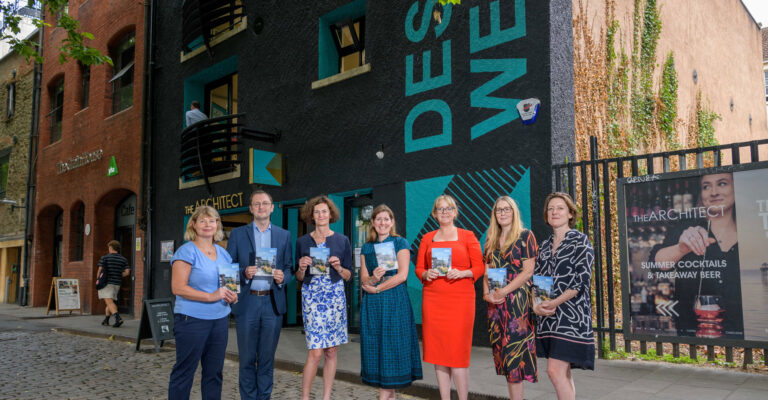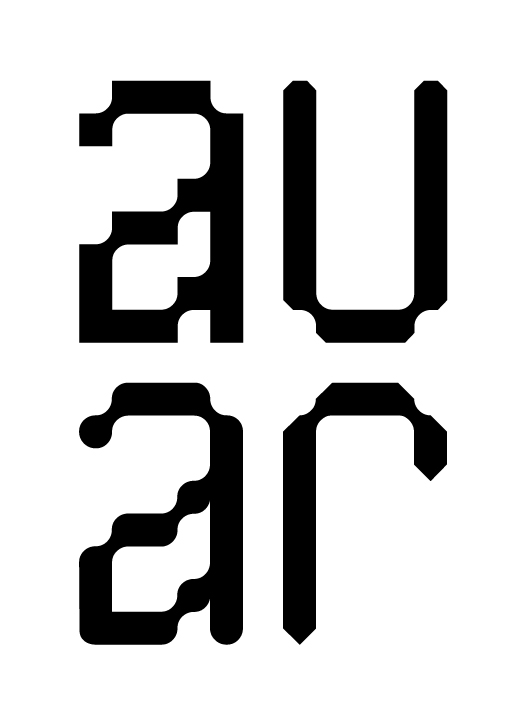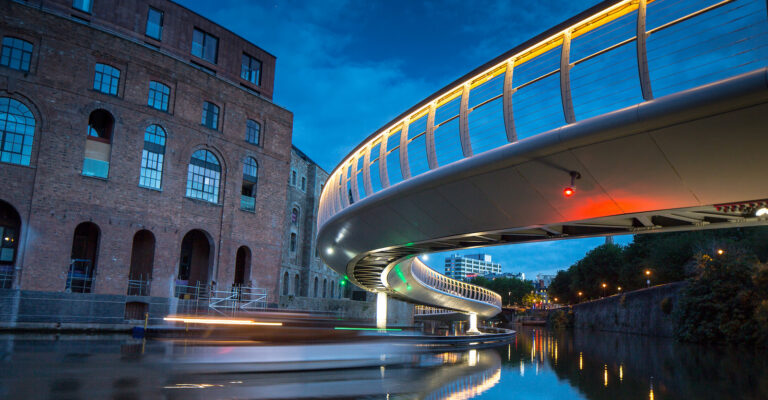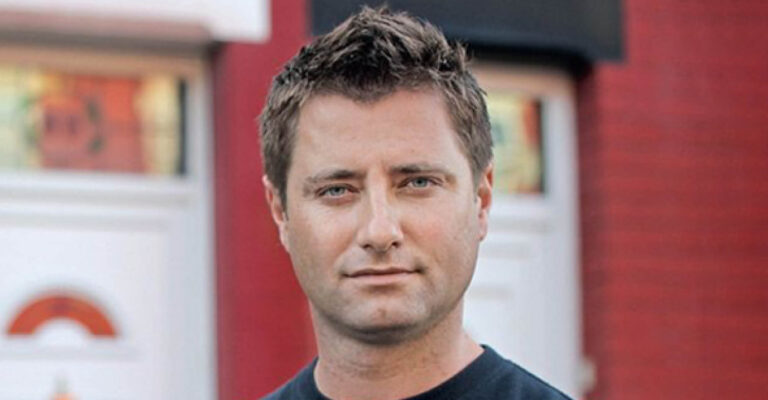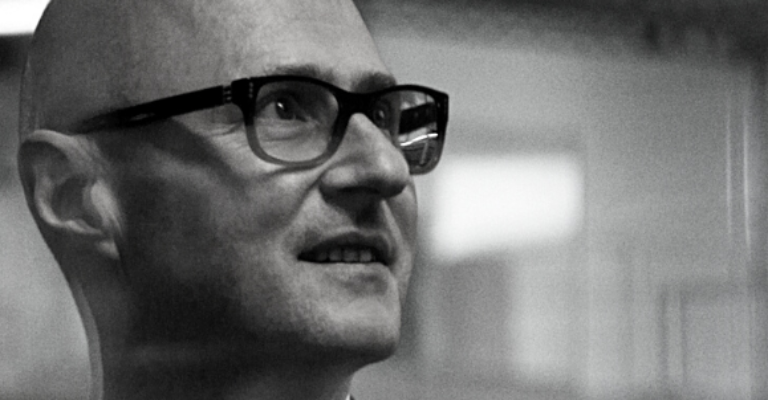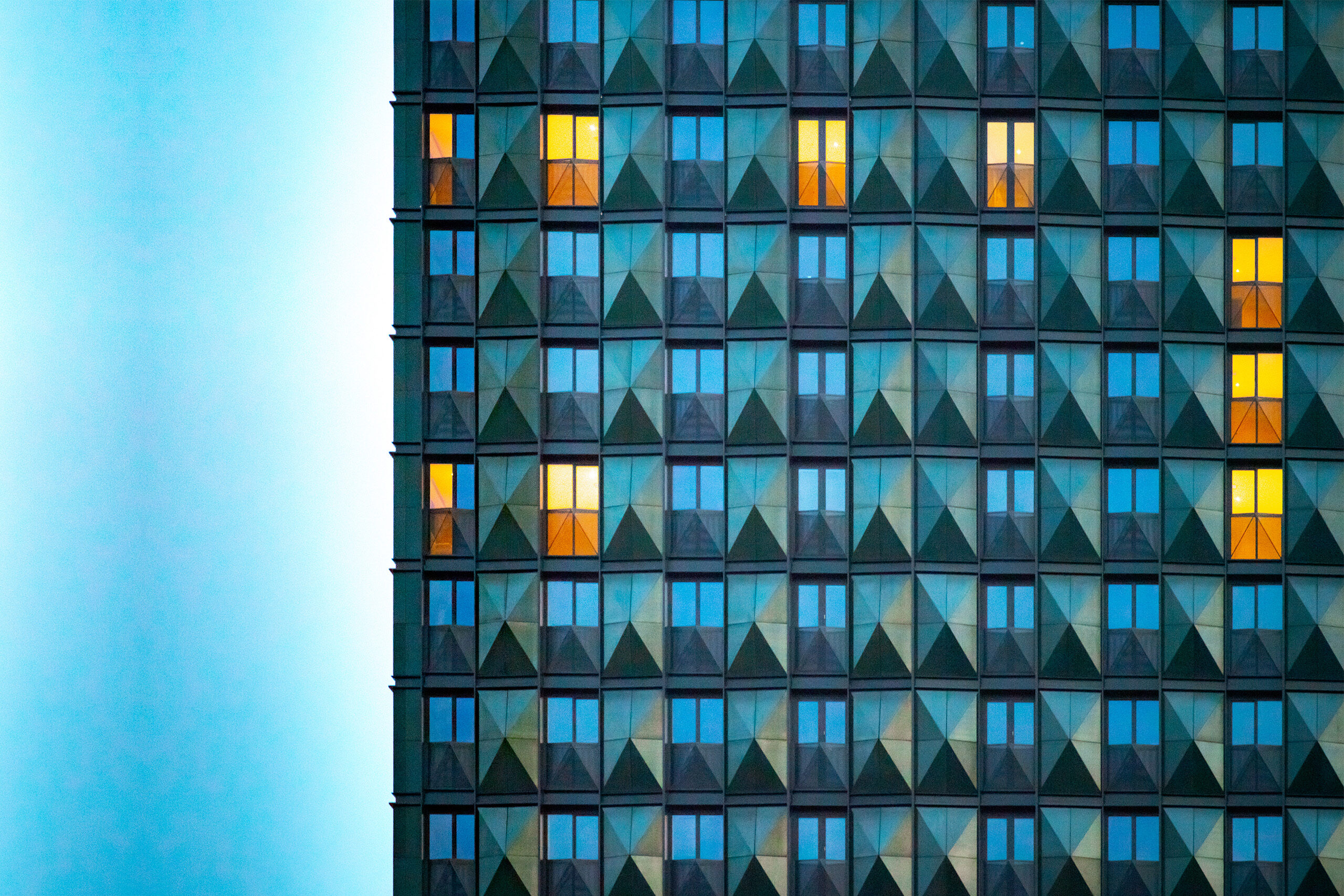
Design Thinking
Rise of the Robots?
AI, MMC & THE FUTURE OF CONSTRUCTION.
What does technology mean for the future of construction, the places we build and the people who build them? Ahead of our next talk ‘Modernise or Die’, we catch up with Mollie Claypool, CEO of Automated Architecture and Associate Professor at The Bartlett School of Architecture, UCL for her thoughts on the future of construction.
How is technology changing the way we build?
Mollie Claypool: Construction is one of the least automated industries in the world. It is a very traditional industry relying almost entirely on manual labour, which is in short supply despite a huge demand. Technology can help us bridge that gap between labour availability and demand by automating some of what’s called the ‘3 D’s – the dirty, dangerous and dull jobs. Technology & automation has been transforming the design industries for several decades, with the use of advanced digital design software, and now it’s time for the ‘hard tech’ of construction to go digital!

Where have new technologies been embraced in construction and where is pracice lagging behind potential?
Construction technology tends to fall into two camps: design visualisation technologies and manufacturing technologies. Design visualisation technologies include wearable technology and virtual and augmented reality for design visualisation, tracking and validation on building sites, as well as construction drones or robots to assist in ensuring sites are managed well. Manufacturing technologies tend to focus on robotics, from autonomous robots that can do the jobs that people used to do, to industrial robotics similar to automobile manufacturing. In the UK the Transforming Construction investment has ploughed £170m from UKRI and over £250m investment from industry into a change programme. In the work we do at AUAR we believe that technology has to be viewed more holistically – we think it’s important to look holistically at the benefits and opportunities of implementing technologies, not just in terms of increased safety or productivity or the ‘how’ of construction, but in terms of where and what we build, and which stakeholders get to be around the table in decision-making.
Why has contruction been a "late adopter" of technology?
Construction is a very traditional industry, with a lot of knowledge being held by older generations on how things get built. It’s also an industry based on relationships, where trust and networks are key to productivity. To adopt technology, the existing workforce needs to adapt, but we also need to attract younger minds – digital natives, and those who might not be from traditional construction backgrounds into the workforce. A history of very low margins and precarious labour, might previously have put people off jobs in construction, even technical jobs, but as technology becomes more affordable, and the labour shortage becomes more stark, we’re likely to see shifts in the industry, which might catalyse change.
How do you see this changing over the next decade (What are the biggest breakthroughs?)
We have already seen the consequences around labour shortages post-Brexit in the UK forcing change in terms of investment in automation at governmental level. I see industrial and mobile robotics having a big future in the next decade.
What does that mean for our workforce? Should builders be worried? Or can change be postive?
Builders should see this as a business opportunity. Investment in automation now (or in the near future) means that their business can be at the forefront of a change in the industry. In the short term change will likely be necessitated by labour shortages, and in the long term, the climate crisis and macroeconomic situation will force change, whether you like it or not. We will have to build faster, better and in more resilient and affordable ways. This starts with transforming the way that we build.
About Mollie Claypool:
Mollie Claypool is CEO of Automated Architecture (AUAR) and Associate Professor at The Bartlett School of Architecture, UCL. Mollie is a leading architecture theorist and systems thinker focused on the potential of automation in architecture and the built environment to provide a framework and method for more socially and environmentally sustainable ways of designing and building. In 2019 she co-wrote Robotic Building: Architecture in the Age of Automation and authored the SPACE10 report “The Digital in Architecture: Then, Now and in the Future”.
Design Thinking: A series of interviews with people shaping the places of tomorrow.
